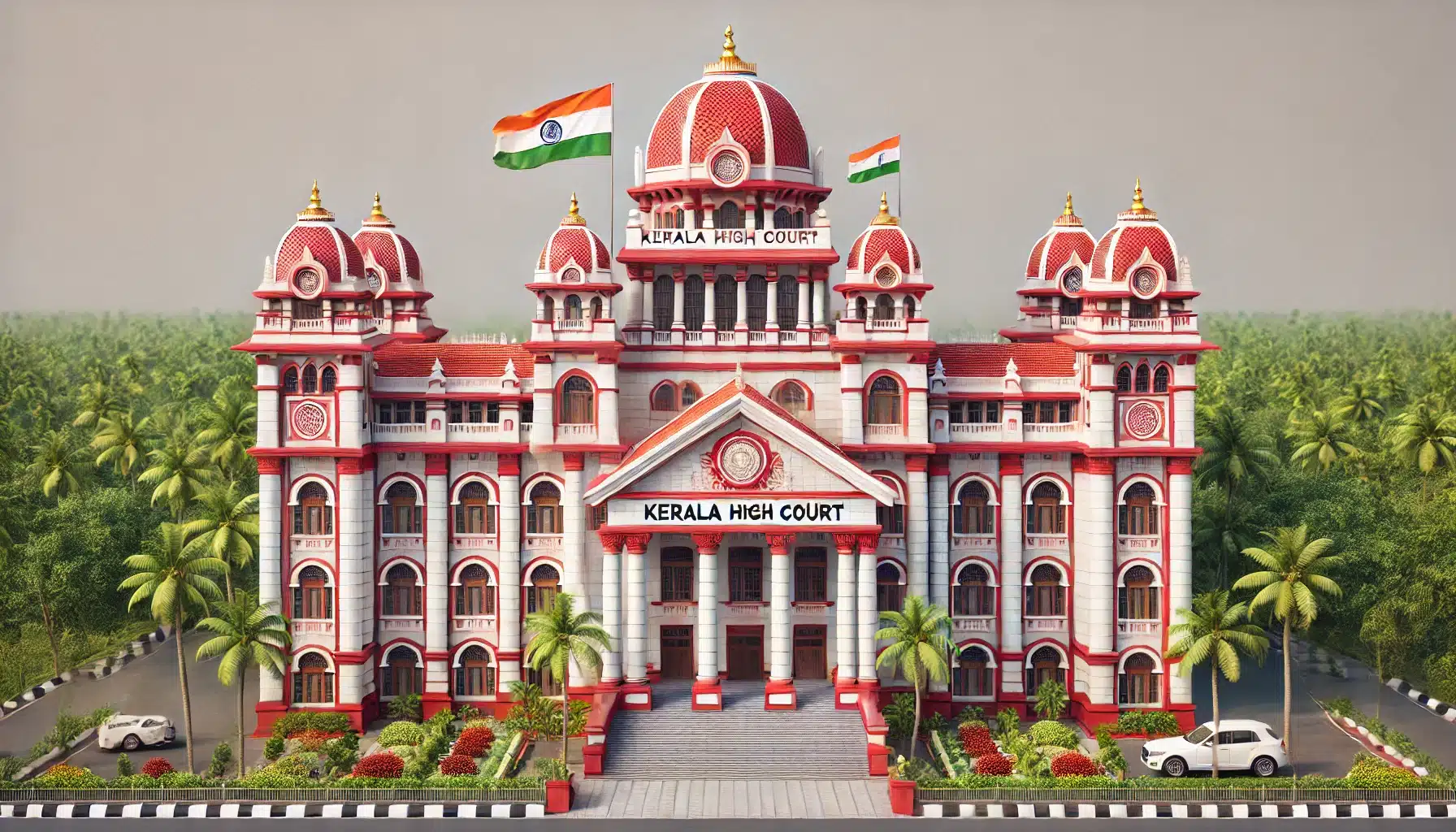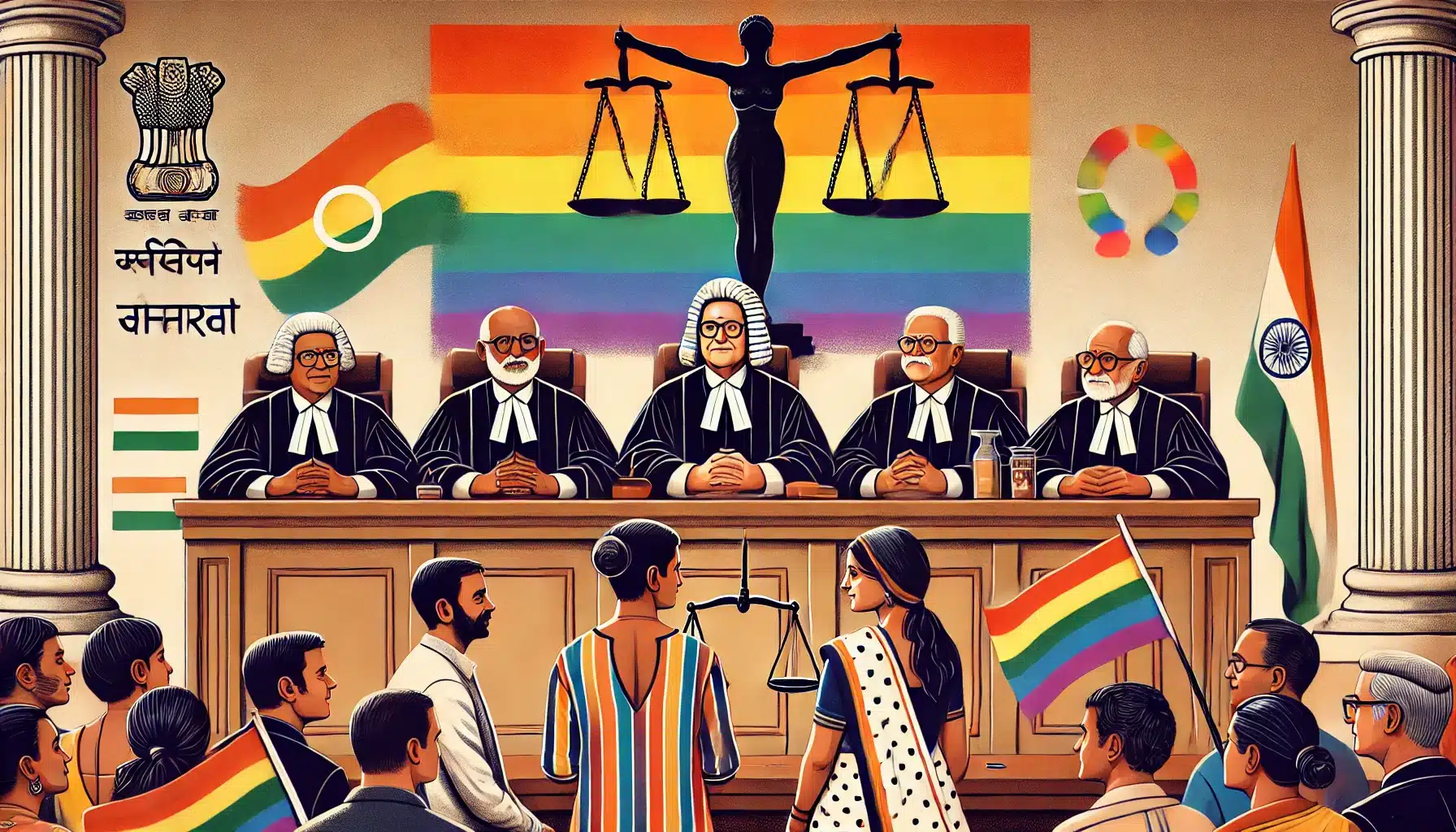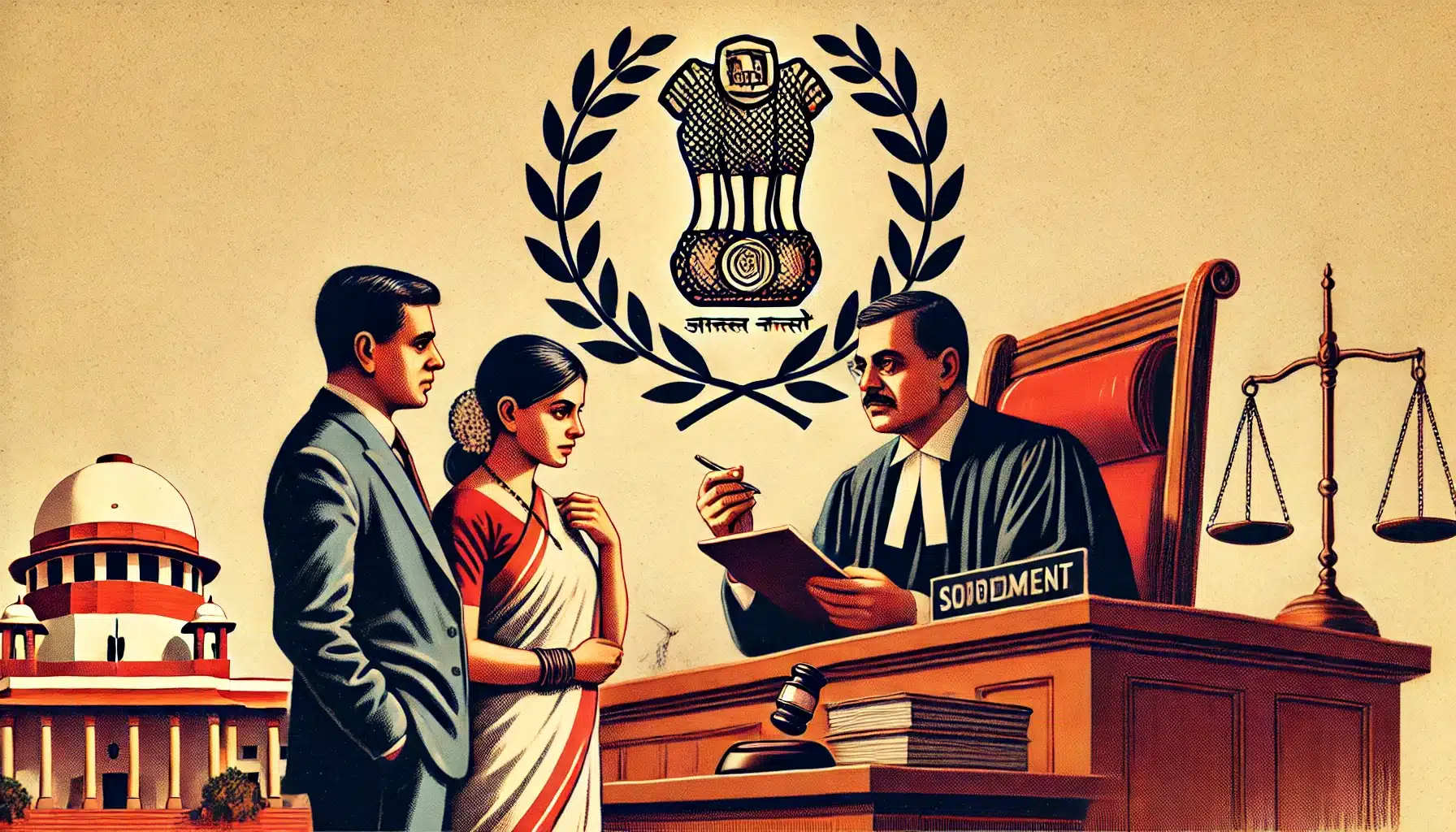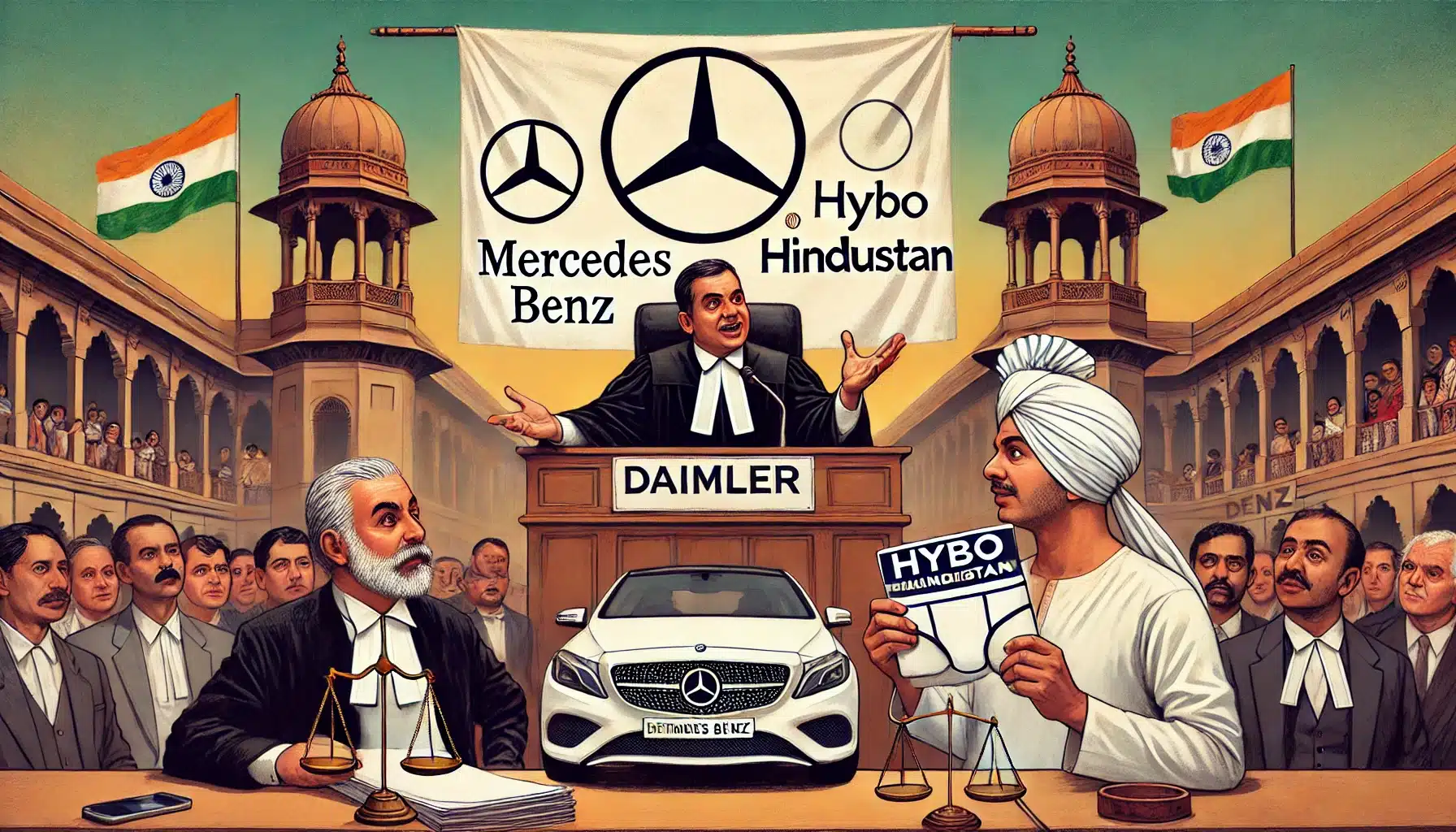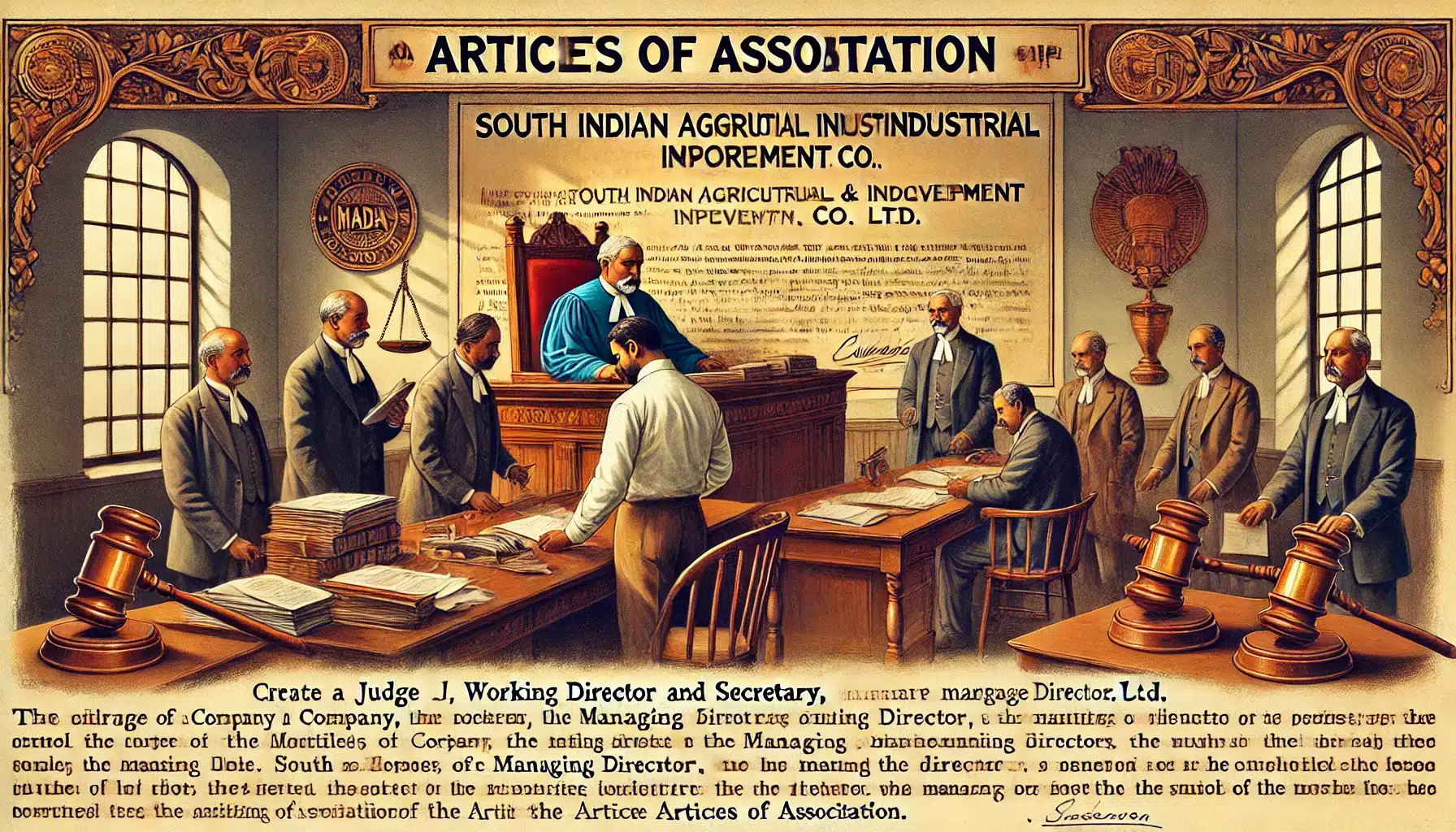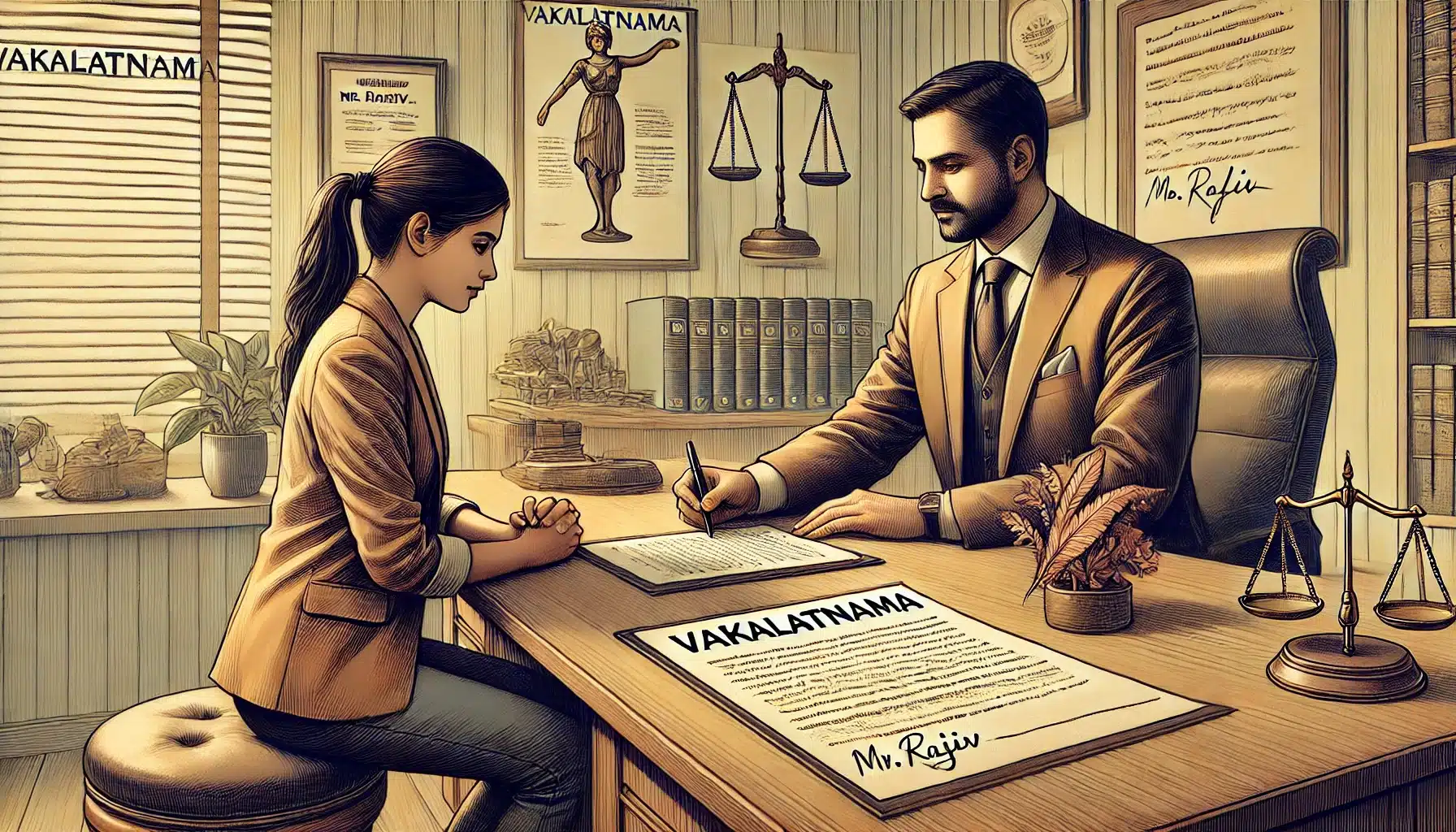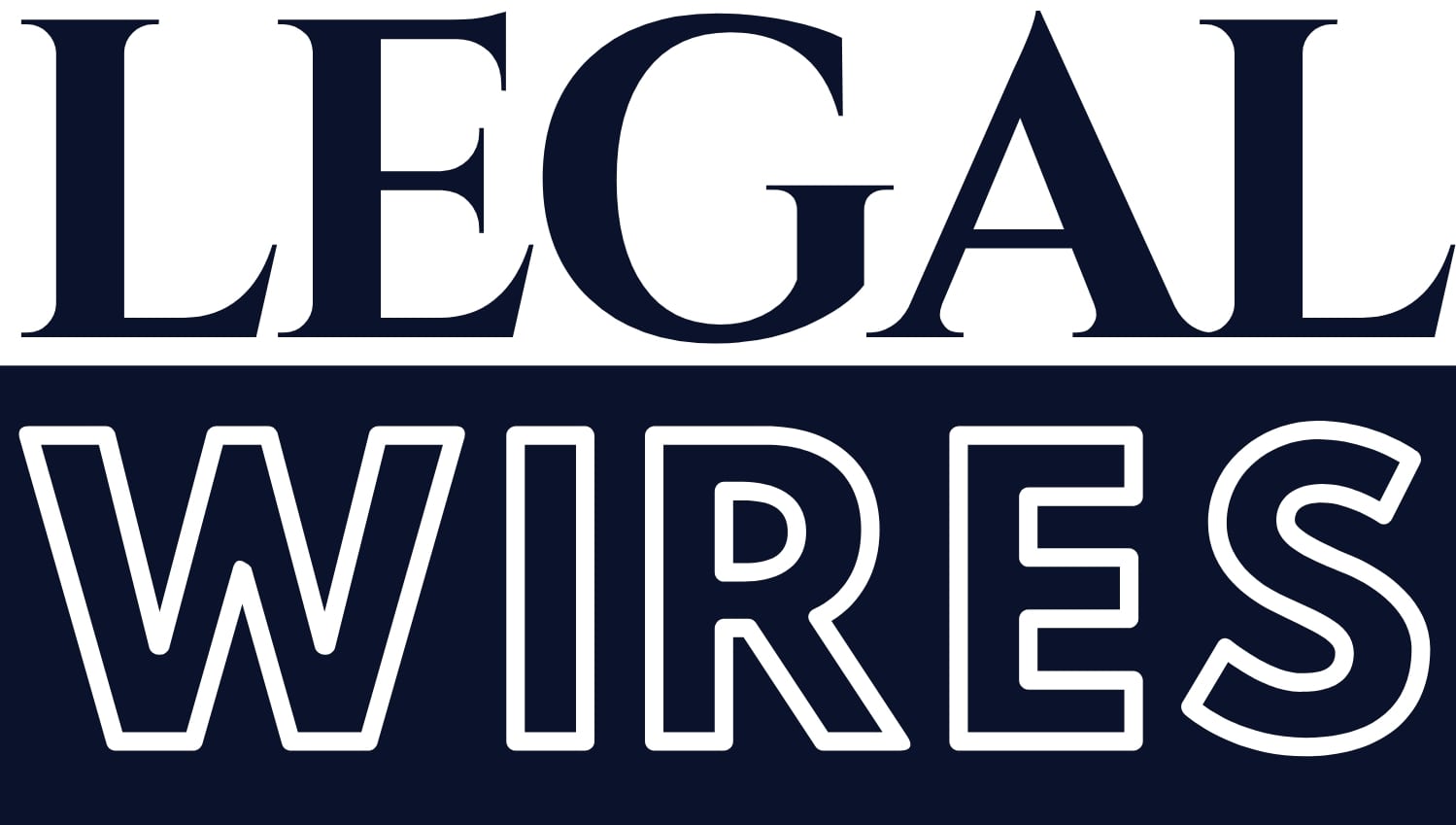Aug 10, 2020 07:18 UTC
| Updated:
Aug 10, 2020 at 08:03 UTC
NEWS: Patanjali Ayurveda Manipulating Public Fear by Forecasting they Could Cure COVID-19: Madras HC Restricts Usage of Word ‘Coronil’
The Madras High Court has levied a fine of Rs 10 lakh on Patanjali Ayurveda for making profits by claiming to have a treatment for COVID-19. The court rejected to remove the interim stay restraining Patanjali from using the name ‘Coronil’ to sell its immunity booster tablets for COVID-19. It was a huge set back to Baba Ramdev’s Patanjali Ayurveda.
The Madras High Court approved this injunction on a trademark infringement suit filed by Arudra Engineers Private Limited of Chennai, which was already using the registered trademarks of Coronil-213SPL & Coronil-92B meant for its industrial cleaning chemicals for about three decades.
Justice CV Karthikeyan in his order observed that despite claiming to be a 10,000 crore company, Patanjali and Divya Yog Mandir Trust are still chasing further profits by misusing the fear and panic among the public by displaying a cure for COVID-19 which in reality doesn’t exist but its rather an immunity booster for the symptoms of cough, cold and fever. They can always market the products but with honest intentions & not taking advantage of situations like a pandemic. It is very misleading &, therefore, cannot be permitted, so it has to be prohibited.
He further said that if they had checked with the trademark registrar, they would have known that the trademark is already registered. If they had known and still with boldness used the name, then they are not worthy of consideration at all. They cannot infringe aa registered trademark & bulldoze their way. He further said that they must realize that there exists no equity in trade & commerce. They cannot plead the ignorance because ignorance of the law is not an excuse [1]& hence cannot be relieved.
The court directed to pay Rs 5 lakh jointly by Patanjali Ayurveda & Divya Yog Mandir Trust to Adyar Cancer Institute and Government Yoga and Rs 5 Lakh to Naturopathy Medical College and Hospital, Arumbakkam.
Last month the High court put a restraint order on Patanjali Ayurveda from using trademark word Coronil which they earlier claimed to be the cure for COVID-19.
The injunction was accepted when the plaintiff company showed and contended that the CORONIL-92B is a registered trademark for Acid inhibitor for industrial cleaning since 1993. Plaintiff’s representative Senior Advocate PR Raman Protection must be given in case when a registered trademark is infringed by a non-registered proprietor & uses the already registered trademark for his commercial purposes irrespective of the fact that both the business is alike or not[2]. The court further observed that the defendants must realize that there are organizations that are helping in this critical situation without aiming at their recognition; therefore, the escapade of the defendants led the court to impose Rs.10 lakh fine in total. The court granted the protection to the plaintiff trademark under Section 29(4) of the Trademark Act, 1999, for which Patanjali Ayurveda vehemently contended that there exists no similarity between the Coronil Tablet & the chemical products sold by the plaintiff.
The precondition here was the plaintiff’s company must hold “Reputation in India” for which the court granted the relief to the plaintiff by stating that the in Industries, company holds in reputation in India as well as overseas.
The defendant company raised another argument that the plaintiff has registered the trademark as a whole and not in parts; they have not registered Coronil name independently, which they could have under the act. For which the court rejected the argument explaining that the suffixes 92-B & 213 SLP independently hold no meaning. The word which holds meaning is the initial of it -Coronil. Therefore the plaintiff came to court for the protection of the primary name.
The order states that the defendant’s product cures COVID-19 or not is a matter of evidence & beyond the horizon of this court. But even if there is a minimal doubt in the defendants’ mind that it will not cure COVID-19, then the defendants had not shown a due cause to still insist upon utilizing the word.
[1] Ignorantia juris non excusat
[2] Section 29(4)(b) of the Trademark Act, 1999.





